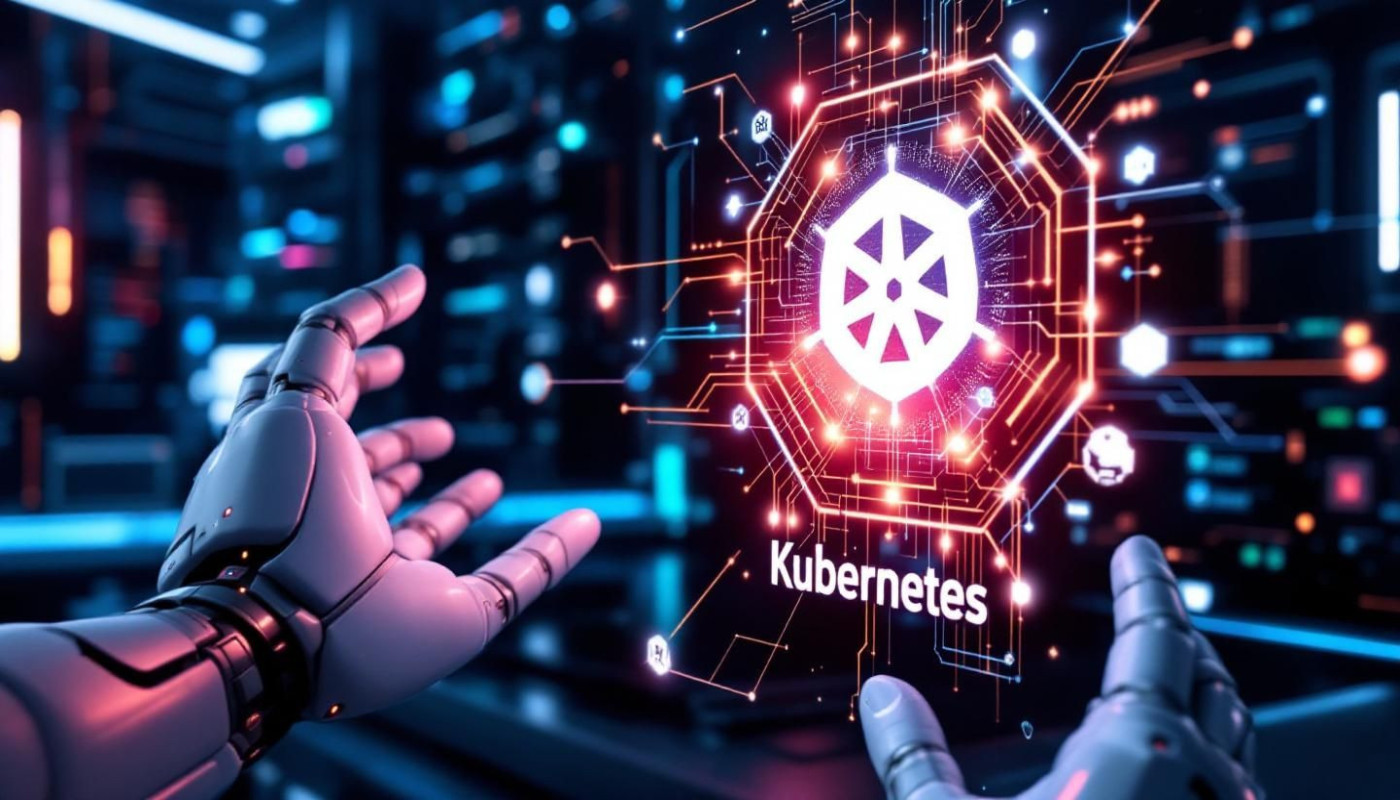Table of contents
In the fast-paced digital age, one critical technology stands out as the driving force behind many of our advancements - Machine Learning. This innovative technology has permeated every industry, transforming the way we live and work. However, what does this mean for our future? How will machine learning revolutionize tomorrow's world? Join us as we delve into an exciting exploration of machine learning and its potential to reshape society in ways previously only dreamed of.
Understanding The Basics Of Machine Learning
Machine Learning (ML), a subset of Artificial Intelligence (AI), has rapidly established itself as a vital aspect of today's technological landscape. The promise of ML lies in its ability to analyze large data sets, identify patterns and make decisions with minimal human intervention. This technique is powered by complex algorithms and is typically categorized into three types: Supervised learning, Unsupervised learning, and Reinforcement learning.
Supervised learning is a method where an algorithm learns from example data and associated target responses, and can then generate predictions for unseen situations. Conversely, Unsupervised learning involves the use of algorithms to identify patterns in data sets containing data points that are neither classified nor labeled, allowing the system to act on that information without guidance. Lastly, Reinforcement learning is a type of machine learning where an agent learns to behave in an environment, by performing certain actions and observing the results.
Moreover, another important component of ML that deserves mention is 'Neural Networks'. Neural networks are computing systems inspired by the human brain's biological neural networks. Their function is to analyze and interpret complex patterns of data, making them particularly useful for tasks such as image and speech recognition.
In conclusion, the continuing evolution and application of Machine Learning in diverse fields has significantly revolutionized our approach to data analysis and interpretation. As we continue to delve deeper into the realm of AI, ML's importance is only set to increase, making an understanding of its basics an important asset in the digital age.
The Impact Of Machine Learning On Different Industries
Machine Learning (ML) is fostering dynamic changes across several sectors, profoundly affecting their operations and unveiling new opportunities. In the realm of Healthcare Technology, ML is being utilized for predictive modeling and regression analysis, allowing for improved patient care through advanced diagnosis and personalized treatment plans. The financial sector is also leveraging ML for Financial Forecasting. Here, ML algorithms are utilized to predict market trends, helping companies make informed investment decisions.
In the transportation industry, ML is driving the push towards Autonomous Vehicles. ML-based systems are being used in the development of self-driving cars, enhancing safety and efficiency. These systems process vast amounts of data, learning from each experience to optimize their performance. Predictive Analytics is another area where ML is having a substantial impact. This predictive modeling technique is used in various industries to analyze current data and historical facts, enabling businesses to predict future trends and customer behavior.
In the realm of logistics and operations, ML is revolutionizing Supply Chain Management. Algorithms can predict future demand and supply, optimize routing, and automate warehouse management, leading to greater efficiency and cost savings. By leveraging ML's capabilities, industries are not only optimizing their existing operations but also exploring new avenues for innovation and growth.
Future Predictions For Machine Learning Revolution
As we stand at the threshold of the Machine Learning (ML) revolution, it's intriguing to envisage the potential transformations that could shape our lives. One of the key elements in this context is the rise of 'Future Trends' in ML. With the progression of 'Deep Learning', we are likely to witness an upsurge in self-learning systems capable of sifting through vast amounts of data, thus leading to the evolution of more sophisticated 'Smart Systems'.
In tandem with these developments, 'Automation' is set to play a pivotal role. By rendering repetitive tasks obsolete, automation will not only enhance efficiency but also allow humans to focus on tasks needing human ingenuity. Concepts such as 'Generative Adversarial Networks' (GANs) have started making inroads, marking a remarkable leap in our ability to generate synthetic data that is indistinguishable from real data.
Finally, the advent of 'Quantum Computing' promises to revolutionize ML by providing exponential computational power. This, in combination with Quantum algorithms, has the potential to solve complex problems and perform calculations at a speed that is currently unimaginable. Thus, the Machine Learning revolution, fueled by these future trends, is bound to usher in a new era of innovation and progress.
Similar articles

Elon Musk's Neuralink: Revolutionizing Human Intelligence

How Automated Tools Are Revolutionizing Kubernetes Operations?

